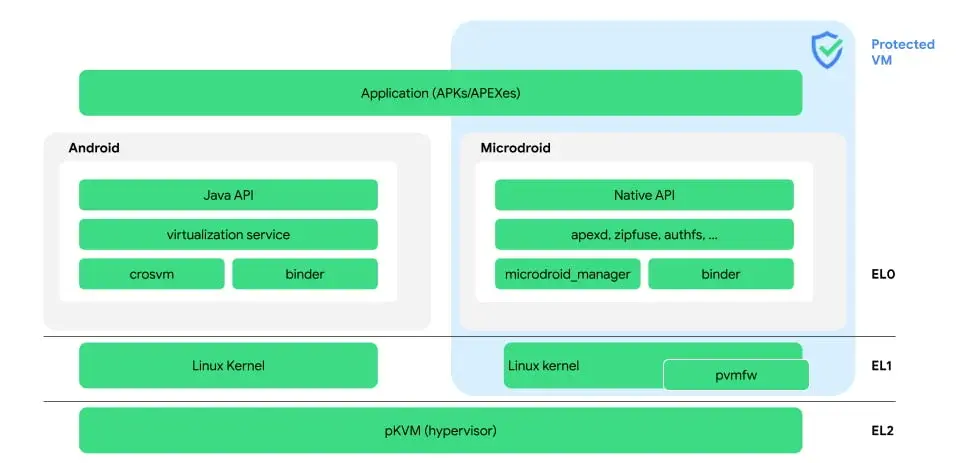Fuchsia is an open-source operating system developed by Google with a focus on simplicity and security. Previously, Google made versions of Fuchsia available for Pixel-branded Chromebooks and Google Nest Hub smart home devices.
Fuchsia's Foundation
Fuchsia is built on a custom kernel named Zircon, which has its roots in the Little Kernel operating system. Google describes Zircon as a combination of a kernel and a limited set of userspace services, drivers, and libraries essential for core system functions, such as booting.
The latest development reveals that Google is working on "Microfuchsia," a streamlined version of the Fuchsia operating system designed to operate on Android devices within a virtual machine. This new version is aimed at running in virtual machines on devices like the Nest Hub, marking a shift in how Fuchsia is being deployed.
Microfuchsia's Potential
Microfuchsia could serve to run specific functions in a secure, isolated environment. Although there have been rumors about Fuchsia OS eventually replacing Android, this seems improbable at the moment. Instead, Google is experimenting with the OS in various innovative ways, including developing a trimmed-down version to operate within Android devices via a virtual machine.
Google has ambitious goals for Fuchsia OS, aiming to deploy it across smartphones, PCs, and smart home devices. The first-generation Nest Hub featured Fuchsia in 2021, followed by its inclusion in the second-generation Nest Hub. While the current focus isn't on replacing Android, the integration of Fuchsia could bring significant changes to some core functionalities of Android. Google notes that Microfuchsia is intended for use in virtualization solutions. However, it will likely be incorporated into Android only if it enhances the user experience.
Advancements in Virtualization
With the introduction of pKVM, a hypervisor for the Android Virtualization Framework (AVF) in Android 13 on select devices, Google aims to run certain types of workloads securely in an isolated environment. The development of Fuchsia could potentially bolster the security of specific functions on Android devices.
(Via)


Leave a Reply